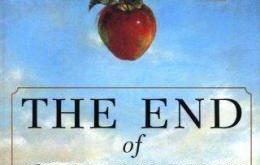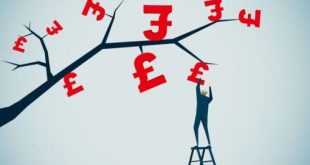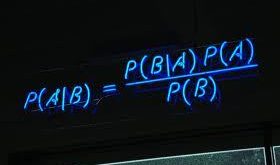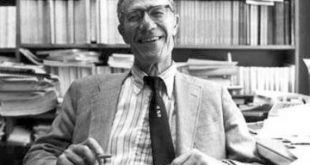[embedded content] Advertisements
Read More »The problem of extrapolation
The problem of extrapolation There are two basic challenges that confront any account of extrapolation that seeks to resolve the shortcomings of simple induction. One challenge, which I call extrapolator’s circle, arises from the fact that extrapolation is worthwhile only when there are important limitations on what one can learn about the target by studying it directly. The challenge, then, is to explain how the suitability of the model as a basis for...
Read More »The arrow of time in a non-ergodic world
The arrow of time in a non-ergodic world For the vast majority of scientists, thermodynamics had to be limited strictly to equilibrium. That was the opinion of J. Willard Gibbs, as well as of Gilbert N. Lewis. For them, irreversibility associated with unidirectional time was anathema … I myself experienced this type of hostility in 1946 … After I had presented my own lecture on irreversible thermodynamics, the greatest expert in the field of thermodynamics...
Read More »So what you’re saying is …
So what you’re saying is … [embedded content] Advertisements
Read More »Trump on Britain’s NHS
Trump on Britain’s NHS [embedded content] Advertisements
Read More »How central banks create money
How central banks create money Have you ever asked yourself how central banks create money? BBC Radio gives the answer. Advertisements
Read More »The limits of probabilistic reasoning
The limits of probabilistic reasoning Probabilistic reasoning in science — especially Bayesianism — reduces questions of rationality to questions of internal consistency (coherence) of beliefs, but, even granted this questionable reductionism, it’s not self-evident that rational agents really have to be probabilistically consistent. There is no strong warrant for believing so. Rather, there is strong evidence for us encountering huge problems if we let...
Read More »New Classical macroeconomists — people having their heads fuddled with nonsense
New Classical macroeconomists — people having their heads fuddled with nonsense McNees documented the radical break between the 1960s and 1970s. The question is: what are the possible responses that economists and economics can make to those events? One possible response is that of Professors Lucas and Sargent. They describe what happened in the 1970s in a very strong way with a polemical vocabulary reminiscent of Spiro Agnew. Let me quote some phrases that...
Read More »Hierarchical models and clustered residuals (student stuff)
Hierarchical models and clustered residuals (student stuff) [embedded content] Advertisements
Read More »Exaggerated and unjustified statistical claims
Exaggerated and unjustified statistical claims [embedded content] Advertisements
Read More » Lars P. Syll
Lars P. Syll





